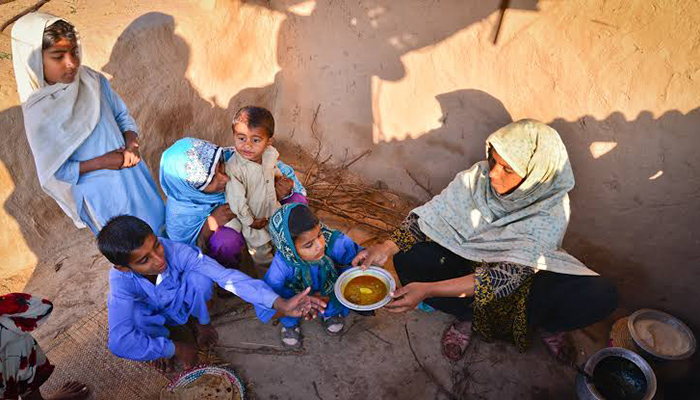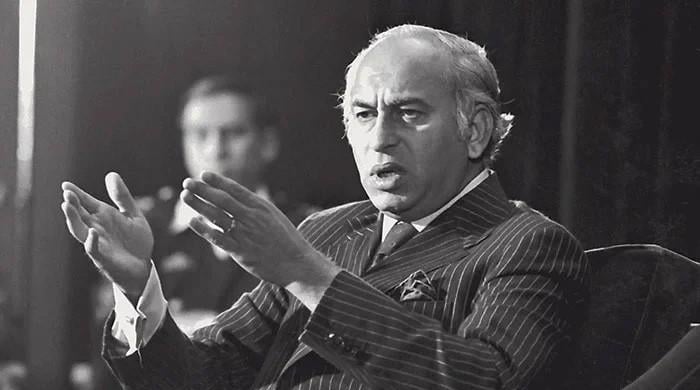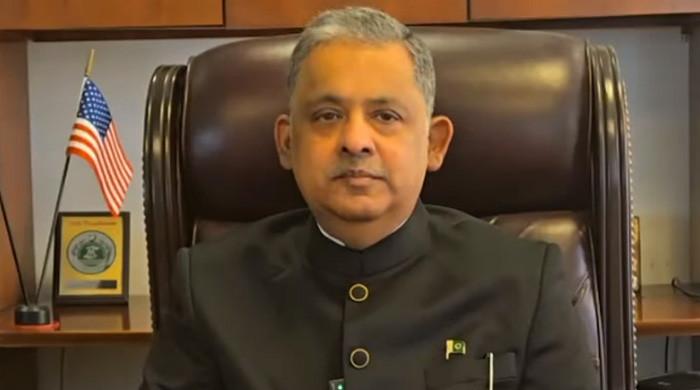Pakistan finishes at 152 on UNDP's human development index
The UNDP's human development report gave Pakistan a score of 0.560
December 10, 2019

Pakistan continues to remain among the medium human development countries with its position falling from 151 to 152, according to the 2019 Human Development Index (HDI) released by the United Nations Development Programme (UNDP).
The UNDP’s Human Development Report (HDR) “Beyond Income, Beyond Averages, Beyond Today: Inequalities in Human Development in the 21st Century” which was launched on Monday in Colombia, gave Pakistan a score of 0.560.
The score puts Pakistan as the second last country among the Medium Human development countries. Solomon Islands is the only country behind Pakistan in the category.
The HDI classifications are based on HDI fixed cutoff points. Countries falling under the cutoff points of less than 0.550 are categorised as low human development, while medium human development are categorised within the range of 0.550–0.699. Scores of 0.700–0.799 is for high human development and 0.800 or greater for very high human development.
According to the data, Pakistan’s life expectancy stands at 67; while the expected years of schooling was at 8.5 years, with the mean years of schooling standing at 5.2. The country’s Gross National Income (GNI) per capita was $5,190, the data showed.
However, the trend from 1990 till 2018 showed that Pakistan had steadily improved from being a low human development country to a medium development country.
When the report was first published in 1990, Pakistan scored 0.404. The latest report gave the country a score of 0.560, an overall increase in the score by 1.17 per cent.
The human development approach was developed by Pakistani economist Mahbub Ul Haq and was further improved by Nobel laureate Amartya Sen’s work on human capabilities. The HDI was created to emphasise that people and their capabilities should be the ultimate criteria for assessing the development of a country, not economic growth alone.
According to a press release issued by UNDP Pakistan, the report talks about the importance of addressing the different kinds of inequalities in the world today. The report measures the countries’ progress beyond just economic growth, with the ultimate aim of unlocking people’s full potential.
The report analyzes inequality in three steps: beyond income, beyond averages, and beyond today.
“Inequalities exist at all levels of society, starting from the level of the household. As an example, over 22 per cent of under-five children in South Asia experience nutritional inequality at home – where one child in the household is malnourished while a sibling is not,” the statement said.
The report has highlighted that over a third of Pakistani children under the age of five experience such “intra-household inequality”.
Speaking on the release of the report, Resident Representative of UNDP Pakistan Ignacio Artaza stated, “The HDR shows us that inequality is not ‘natural’ or inevitable. However, governments, civil societies, and ordinary citizens need to work together and translate words into concrete actions to ensure that people all over the world can live their lives to their fullest potential”.











